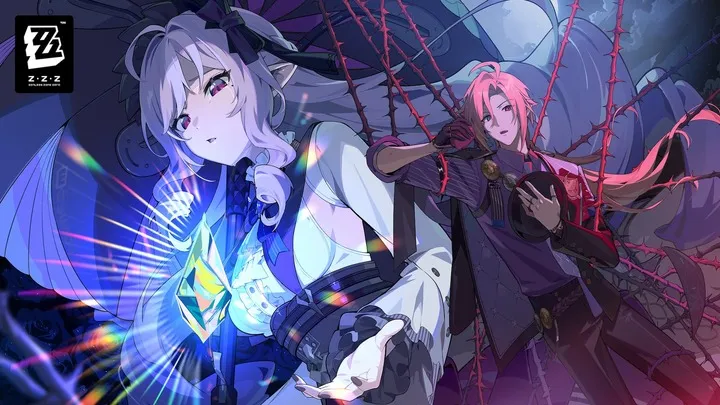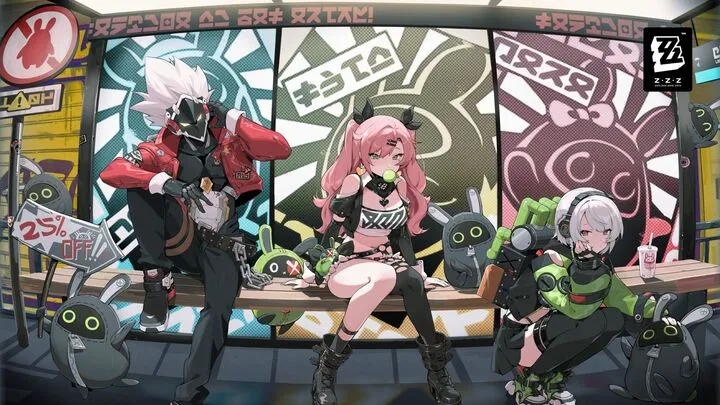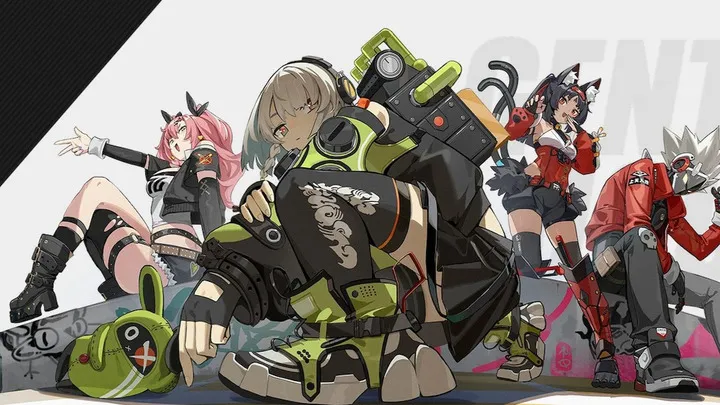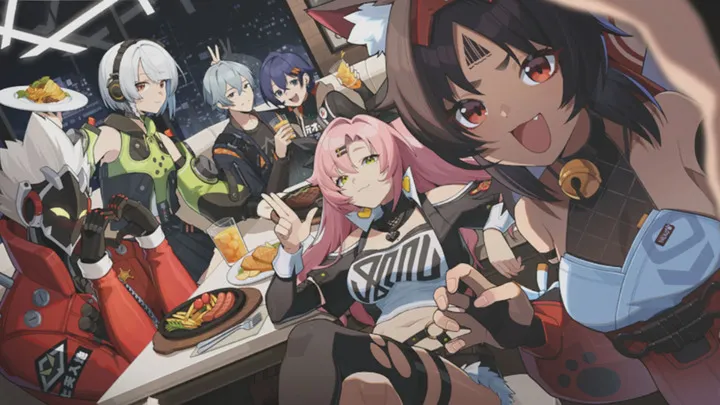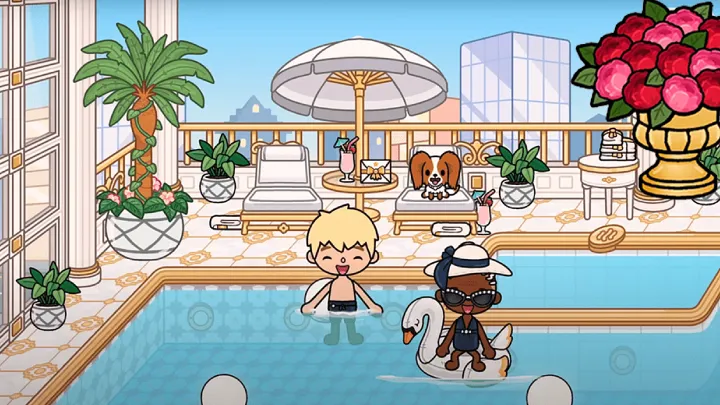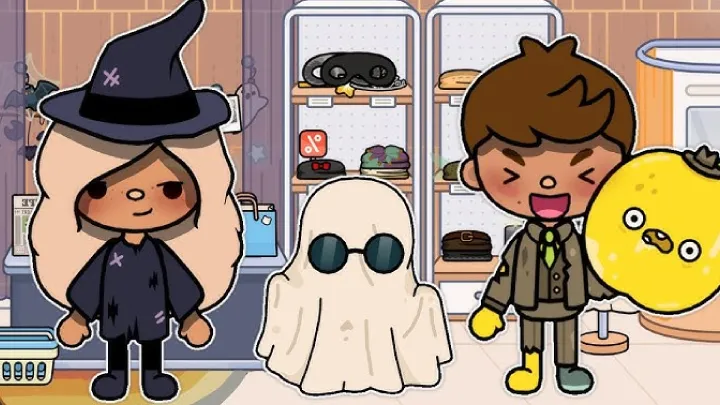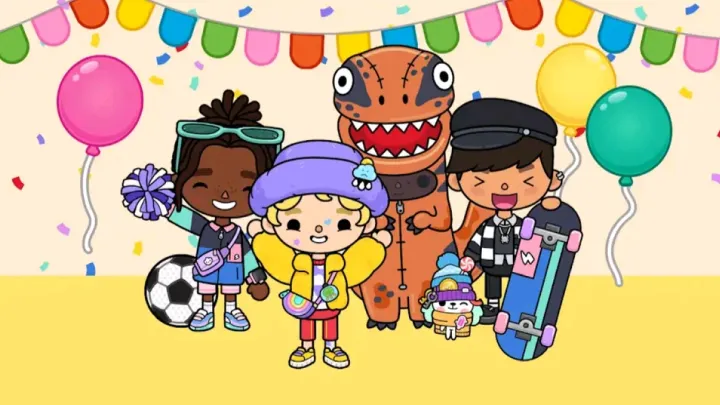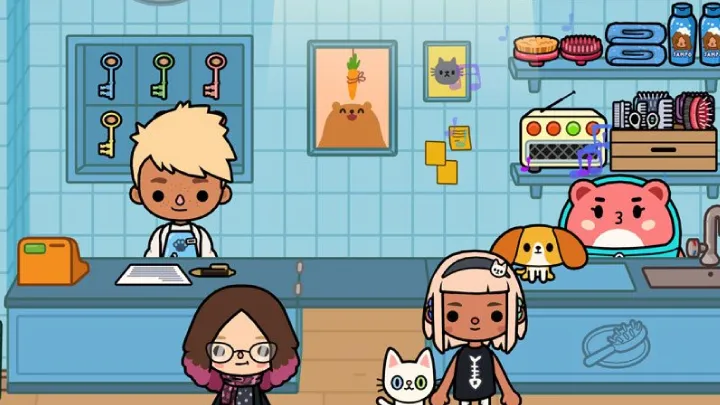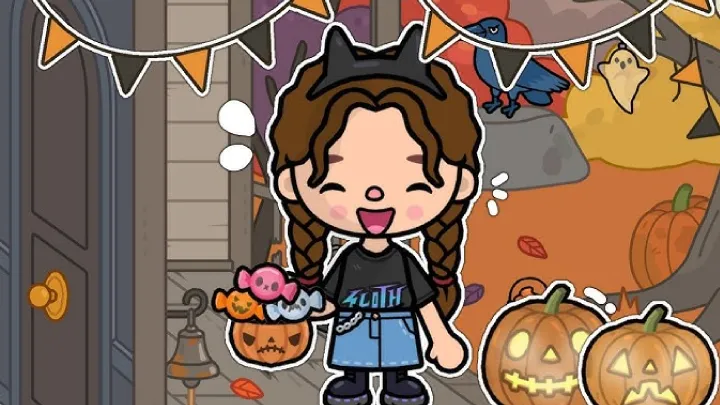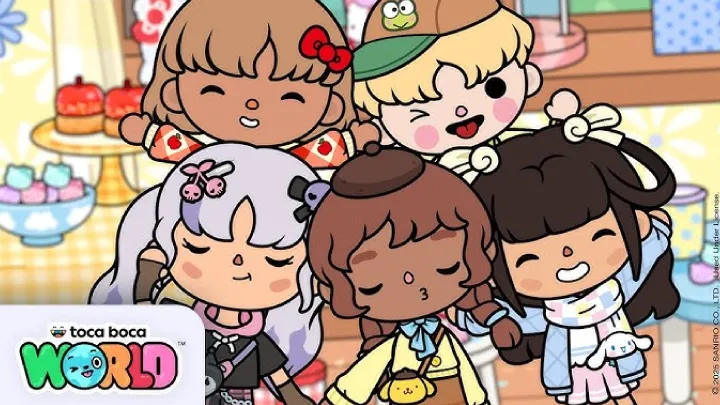Introduction
Toca Life World has captured the imaginations of children and parents alike, providing a vibrant platform for storytelling and creativity. However, beneath its colorful surface lies a significant issue: the impact of microtransactions on gameplay and user experience. This article explores the complexities of in-game purchases, their implications for young players, the ethical considerations involved, and potential solutions to enhance the overall experience.
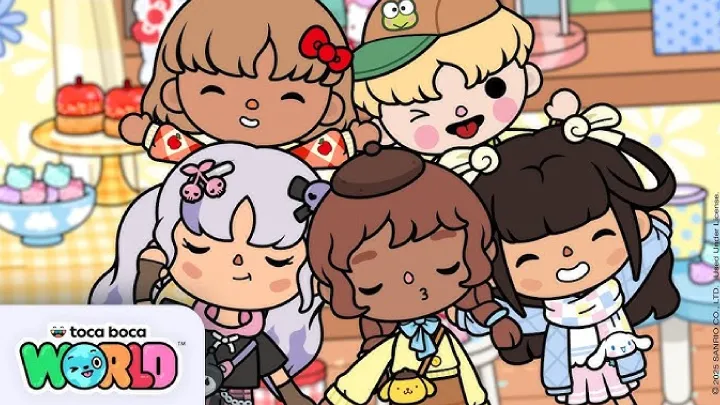
The Evolution of Toca Life World
Origins of Toca Boca
Toca Boca, the developer behind Toca Life World, started with a mission to create digital toys that inspire creativity in children. The first Toca Life games introduced various environments and characters, allowing players to explore and interact in imaginative ways. As the series evolved, Toca Life World emerged as a comprehensive platform that integrates all previous titles into one expansive universe.
The Freemium Model
With the launch of Toca Life World, Toca Boca adopted a freemium model, where the game is free to download but offers in-game purchases for additional content. This model has become increasingly common in mobile gaming, allowing developers to monetize their creations while keeping initial access free. While this approach can attract a larger audience, it also raises concerns about the accessibility of content and the overall player experience.
Understanding Microtransactions
Types of In-Game Purchases
In Toca Life World, microtransactions take various forms, including character packs, additional locations, and special items. Players can enhance their gameplay experience by purchasing these extras, which often feature exclusive content that cannot be accessed otherwise. This model encourages players to spend money to unlock the full potential of the game.
Psychological Triggers
Microtransactions are designed to exploit psychological triggers, such as the fear of missing out (FOMO) and the allure of exclusivity. Limited-time offers and exclusive items can create a sense of urgency among young players, prompting them to persuade their parents to make purchases. Understanding these tactics is crucial for parents and guardians as they navigate the gaming landscape with their children.
The Divide Among Players
Accessibility Issues
One of the most significant issues arising from the introduction of microtransactions is the accessibility barrier it creates. Players who cannot or choose not to spend money may find themselves at a disadvantage, unable to fully enjoy the game. This divide can lead to frustration, particularly for younger players who may not understand why certain features are restricted.
Community Reactions
The Toca Life World community has voiced mixed opinions regarding in-game purchases. Some players appreciate the ability to customize their experience, while others express dissatisfaction over the cost barriers. Online forums and social media platforms serve as spaces for players to share their thoughts and advocate for changes in the game's monetization strategy.
Ethical Considerations
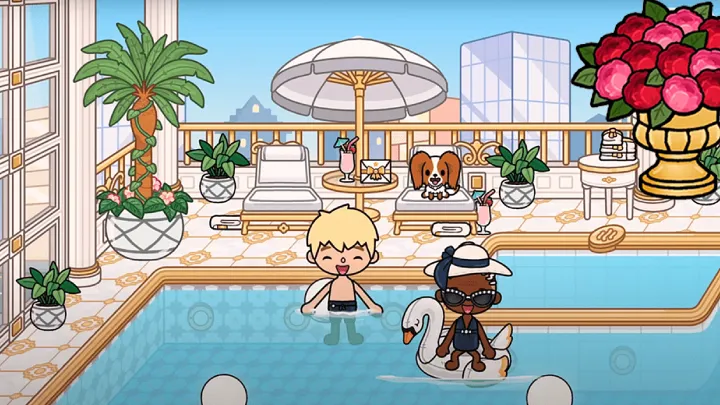
Children and Consumerism
The exposure of children to microtransactions raises ethical concerns about consumerism. Young players may not fully grasp the value of money or the implications of spending on virtual items. This can lead to a normalization of consumerist behaviors at an early age, which is concerning for parents and educators alike.
Parental Controls and Awareness
To address these concerns, Toca Boca has implemented parental controls that allow guardians to manage in-game purchases. However, the effectiveness of these controls relies heavily on parental awareness and engagement. Many parents may not be fully informed about the game's monetization practices, leaving children vulnerable to unregulated spending.
The Long-Term Effects
Spending Habits
Research indicates that early exposure to microtransactions can influence long-term spending behaviors. Children who frequently engage in in-game purchases may develop habits that extend beyond gaming, leading to a normalization of spending on non-essential digital goods. This trend raises concerns about financial literacy and responsible consumer behavior as they grow older.
Psychological Impact
The psychological effects of microtransactions can also be profound. The constant push for purchases may create a sense of dissatisfaction with the free content available, fostering a mindset that equates happiness with spending. This can lead to a cycle of compulsive spending that is difficult to break.
Addressing the Issues
Expanding Free Content
One potential solution to the challenges posed by microtransactions is to expand the free content available in Toca Life World. By offering more locations, characters, and items without charge, Toca Boca could enhance the gameplay experience for all users, ensuring that those who cannot afford to spend money still have access to a rich and fulfilling experience.
Subscription Models
An alternative approach is the introduction of a subscription model, where players pay a monthly fee for access to all content. This could provide a more equitable experience, reducing the pressure to make individual purchases while ensuring a steady revenue stream for the developers.
The Role of Developers
Ethical Development Practices
Game developers have a responsibility to consider the impact of their monetization strategies on young players. Ethical development practices should prioritize user experience over profit, ensuring that all players have access to a fulfilling gameplay experience without the pressure of mandatory spending.
Engaging with the Community
Engaging with the player community can provide valuable insights for developers. By actively seeking feedback and addressing concerns, Toca Boca can foster a more positive relationship with its user base, ultimately leading to improved game design and player satisfaction.
The Future of Toca Life World
Adapting to Player Needs
As the gaming landscape evolves, Toca Life World must adapt to meet the changing needs of its players. This includes reassessing its monetization strategy to create a more inclusive environment. By prioritizing player feedback and ethical practices, Toca Boca can position itself as a leader in responsible game development.
Innovations in Gameplay
Innovations in gameplay and content delivery can also enhance the Toca Life World experience. Exploring new mechanics, such as player-generated content or collaborative storytelling, can provide fresh engagement opportunities without relying heavily on in-game purchases.
Conclusion
The issue of microtransactions in Toca Life World presents a multifaceted challenge that affects gameplay, user experience, and ethical considerations. While the game offers a vibrant and imaginative environment for children, the monetization model raises important questions about consumerism and financial literacy. By addressing these concerns and exploring alternative strategies, Toca Boca can enhance the player experience and foster a healthier gaming environment for future generations.








